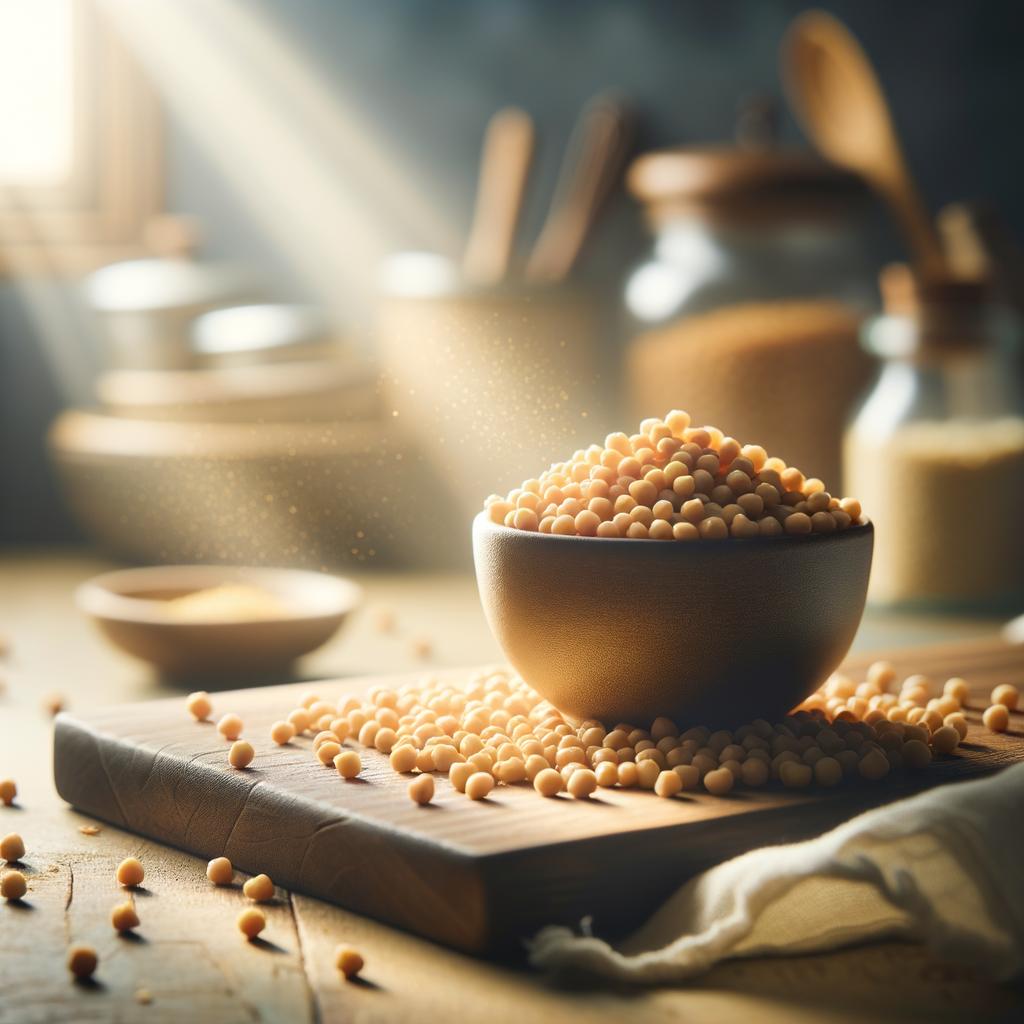Chana Dal

Description
Chana Dal, also known as split chickpeas, is a staple ingredient in South Asian cuisine. The tiny, yellow, disc-shaped legumes have a sweet and nutty flavor that's as delightful as its vibrant hue. The texture is firm yet tender, providing a satisfying bite when cooked. What sets Chana Dal apart from its lentil relatives is its impressive ability to retain its shape even after prolonged cooking, a feature that lends a unique texture to the dishes it graces.
Primary Uses
Chana Dal is incredibly versatile. It's often simmered until soft for use in soups, stews, and curries, or ground into flour for baking and frying. It's a key component in a variety of dishes spanning across Indian, Pakistani, and Bangladeshi cuisines. From the hearty Dal Tadka, a comforting lentil soup, to the crispy, golden-brown Bhajiya, a popular street food snack, Chana Dal is a star. Beyond its culinary uses, Chana Dal also plays a role in traditional Ayurvedic medicine, believed to help balance the body's energies and improve digestion.
History
The history of Chana Dal is as rich as its flavor. It's believed to have originated in the Middle East around 7,500 years ago, making it one of the oldest cultivated legumes. Over time, traders and explorers introduced it to the Indian subcontinent, where it quickly became a staple. Stories tell of ancient Indian royalty feasting on Chana Dal dishes, and it's even mentioned in ancient Ayurvedic texts. Over the centuries, its popularity has only grown, and today it's enjoyed worldwide.
Nutritional Information
Chana Dal is a nutritional powerhouse. It's packed with protein, fiber, and essential vitamins and minerals like folate, iron, and magnesium. Its low glycemic index makes it a great choice for those managing diabetes, and its high fiber content aids in digestion and heart health. When compared to other legumes, Chana Dal holds its own, boasting a higher fiber content and lower fat content. It's a beautiful testament to the fact that sometimes, the most humble ingredients can offer the most extraordinary benefits.

